What attracted you to the Supacell project and motivated you to take on the role of a producer?
The idea was so epic and I have always loved Rapman's work from Shiro's story. So I read the pilot, saw a lot of potential in the characters and the concept for this to be a phenomenal show and for me as a black producer from South London where the show is set, when the offer came I knew I had to accept.
What was your role on Supacell? I can see you're down as a Producer and also an associate producer.
That's right. So with high-end TV shows, we often shoot in blocks. We shot this in two blocks. It was a six-part show and I produced three episodes - eps 3, 4 and 5. It made sense for me to also work as an Associate on the other episodes. The show is huge and so it requires a real team of people to make it happen. That's why I like to be very clear here that I was part of a great team. We had Rapman who was an executive on the show and the showrunner, Jo Crow as a series Producer and Mouktar Mohammed, Anna Ferguson and Steve Searle as Execs. And also the amazing Anne Mensah who really deserves her flowers too for commissioning this show.
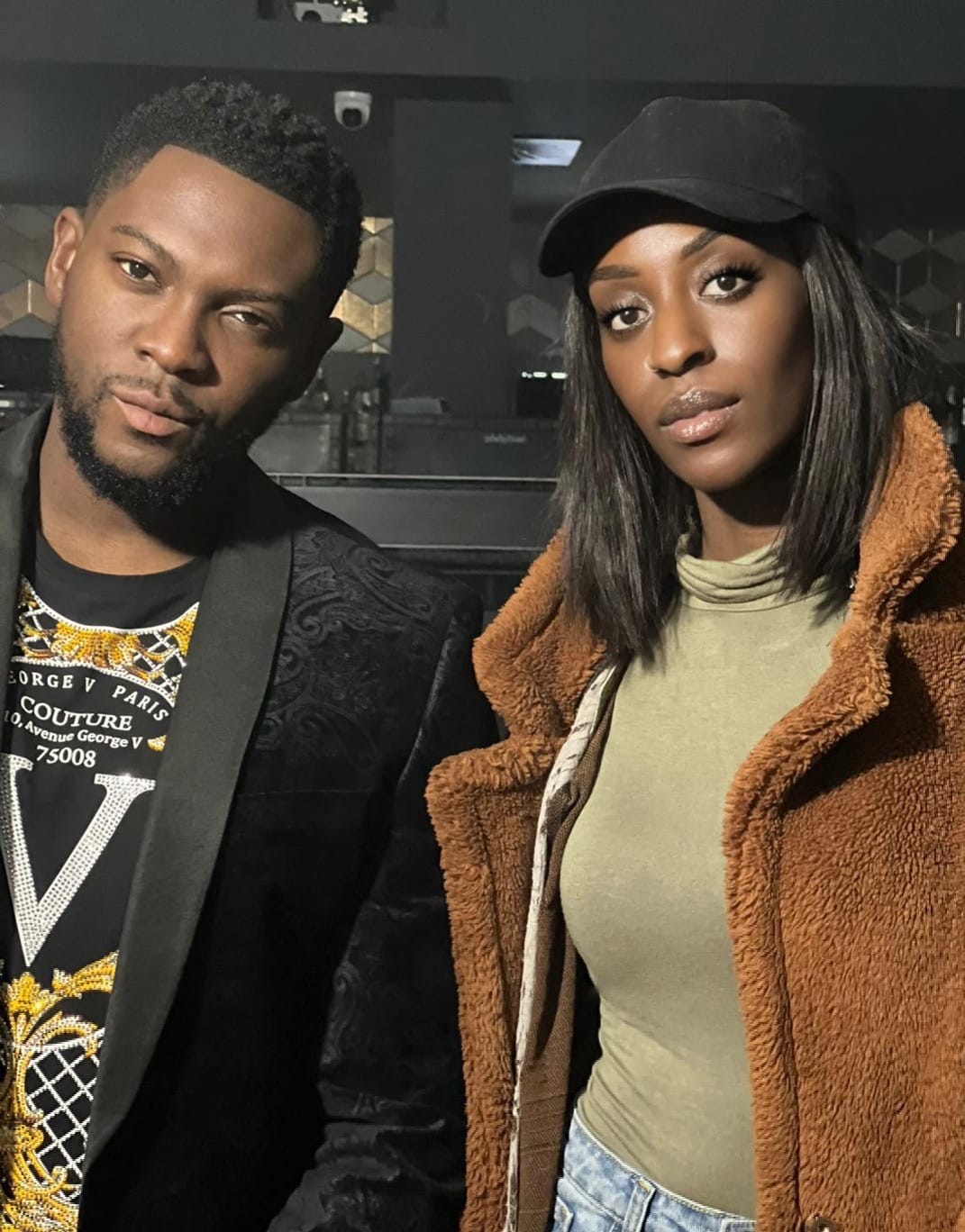
Could you describe the journey and experience of working on Supacell, from inception to production?
Netflix reached out to me first after Stay Close and told me about the show. At that point, Rapman had already been developing the idea for a few years. It was a no-brainer for me. I wanted to make this show the best it could be, I wanted to elevate it where I could and I wanted for my team to build the infrastructure for the creative magic to happen. That was my intention going in and remained throughout the show - how can I support Rapman's vision, and Sebastian's execution on my block, to make this show the best it can be?
During your time working on the series, were there specific moments or aspects that particularly challenged you?
Absolutely. I think with any show that’s ambitious and has a whole team of people who want it to be a success there's bound to be challenges. With any show where there's more than one director, for example, or lots of execs there's bound to be discussion on story, on character arc, on creative, different ways of working and communicating, and it's about finding ways to navigate all that. There were a few things I felt strongly about pulling back on in the show and other elements of the story I wanted to focus on more, for example - and that push-pull would have been the same for everyone. It's a collaborative process and it was really important that the Showrunner's vision came to fruition, I believe it did. That's got to be the anchor.
How about moments that really inspired you?
A moment I'll always remember, I think it was one of the first times I'd ever met Rapman in person, we were all sitting around a big boardroom-style table at the production office, waiting for Rapman. Then, the doors just fling open and he marches in with this big energy, big smile, big voice and got cracking leading the meeting. He commanded so much respect and attention immediately, he had so much command and presence in the room. There was no pretentiousness, no airs and graces, just someone unapologetically themselves with full clarity of vision and confidence from a very genuine, very deep place - no bravado. It’s a moment I’ll never forget. I thought okay, This is our showrunner!
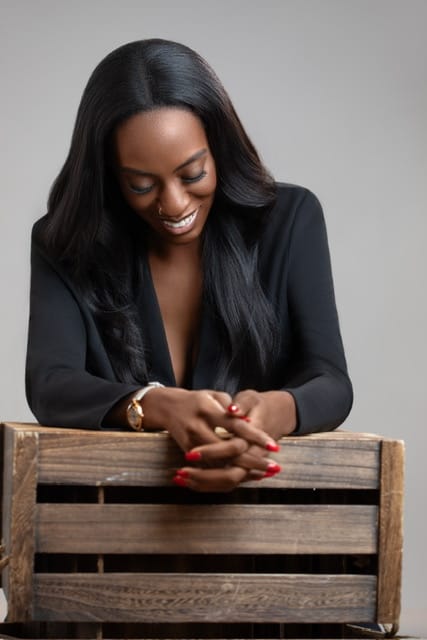

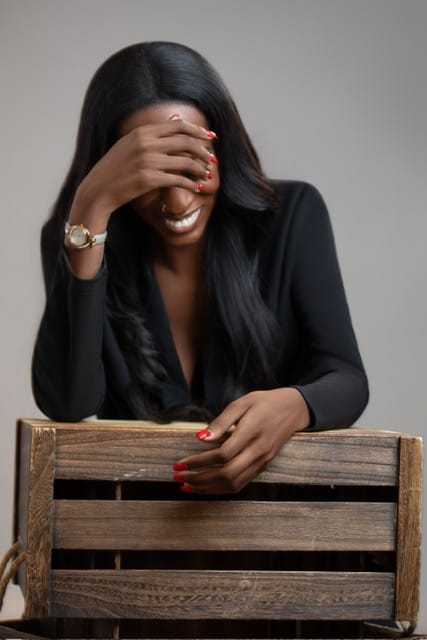
Sheila Nortley Photographed by Sean Whitty
Sounds like there were some amazing moments. Tell us one of the highlights on set for yoSounds like there were some amazing moments. Tell us one of the highlights on set for you or one of your favourite memories?
There were so many, but it would have to be seeing our makeup trainee Cymone on set. It was her first time on a TV show and she just smashed it. I loved seeing her grow, and get more comfortable with her team, and with the cast and make friends. She went from strength to strength but by the wrap she knew she belonged there. It was just beautiful to witness and be a part of. It was her first time being on set, and it meant a lot to her. It meant a lot to me to see her there in her element and she's since worked on The Kitchen and a few other shows. Damian would be so proud of you, Cymone. I'm so proud of you and I'm excited for everthing that's in store for you. She worked alongside our amazing Hair and Makeup Designer Dumebi Anozie and her team who supported and guided her throughout.
With Supacell, what were the core messages or narratives you aimed to convey to the audience and wider public?
We wanted to show black love at the heart of the show. That was really important to Rapman and all of us, really. We wanted to show a love story that was relatable and real, so you have Michael [Tosin Cole] who is just a normal guy working as a delivery driver and engaged to his high school sweetheart, leading a very ordinary life - before he discovers the powers. We wanted to show a dark skinned black woman as a love interest, as someone worth fighting for and saving and loving - a simple yet revolutionary message and something I'd have loved to see when I was growing up. We wanted to show South London. We wanted to how our lives intertwine across class and age and gender and this incredible little city. But outside of the core messages, we also wanted to create a really entertaining and action-packed show.

Your passion for amplifying the voices of Black individuals is evident in your work. Reflecting on your career, what positive strides in inclusion and representation have you witnessed, and what further changes do you aspire to see in the industry?
Supacell. Dreaming whilst Black. Borders. Queenie. Every single show that has been written, directed, produced, showran, executive produced is a step towards inclusion. I've seen so many of my friends and peers take huge steps in their field and finally getting the recognition and opportunities they deserve. The positive stride is that these shows exist and we have to talk about them and continue to build on them and acknowledge the hard work that's gone into this and work together with allies who all want to see more inclusivity in film and TV for all underrepresented people. I know that at the juncture of my intersectionality as a black woman, as a dark-skinned black woman, if I don't acknowledge my achievements, it's likely I would be the first to be shut down, misunderstood, silenced and erased from anything I put my hands to.
What advice would you say is an ethos you use both professionally and personally?
Openness. That's the first word that springs to mind. Just to be open. Open to possibility. No one wants to fail in life, in love, in work - which I get, but it also means that no one wants to make mistakes and we're petrified of disappointment. The solution: They say expect nothing. I say expect everything. There is so much goodness waiting for you if you're ready to receive it, I'm certain of that. Expect everything, even the disappointment is part of that. But you'll get through. And be open with people. That whole “Move in silence” narrative, I think, is born from deprivation, paranoia and a “lack” mentality. No one is plotting your downfall and even if they were, what’s yours is written; it can't be taken from you. Don't give that power over to any human being. Move in love. Move in peace. Move with God.


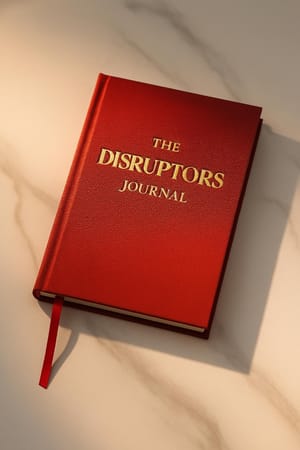
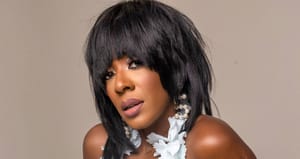
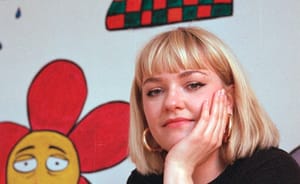



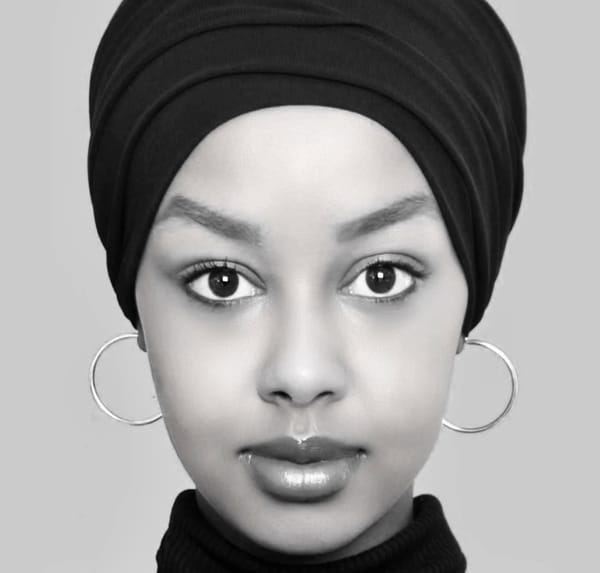
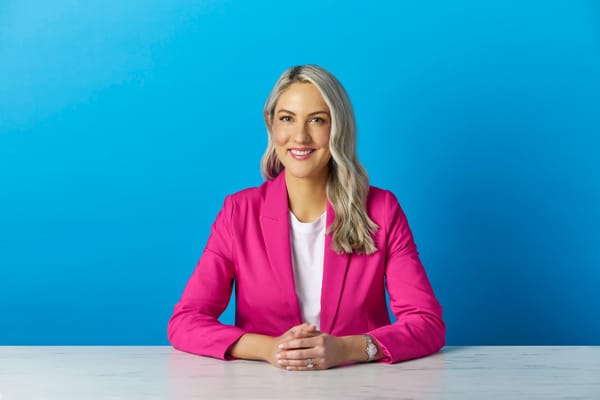
Member discussion